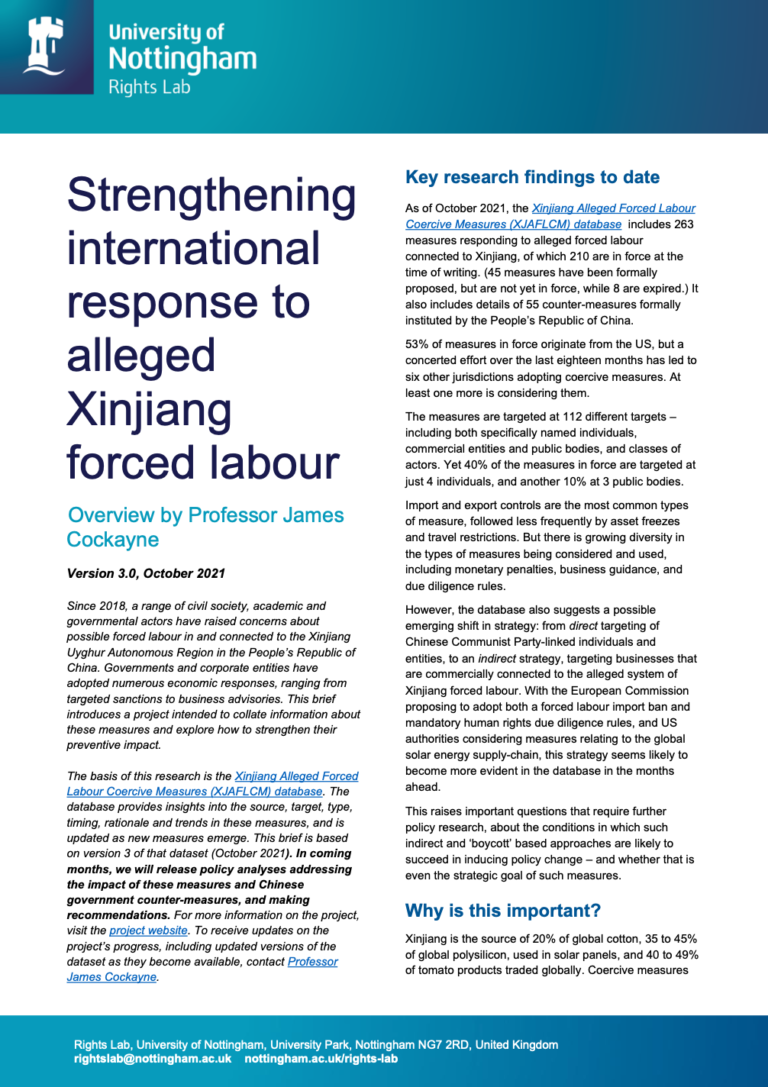Assessing Labor Risk for Workers Migrating from the Philippines to Europe
GuidanceThe goal of this report is to provide comprehensive information on key labour risks for workers migrating from the Philippines to Europe, with an emphasis on risks that arise from the recruitment and hiring process, in order to inform effective stak...Read More

